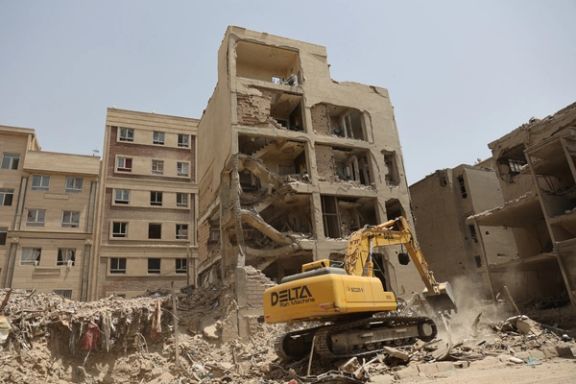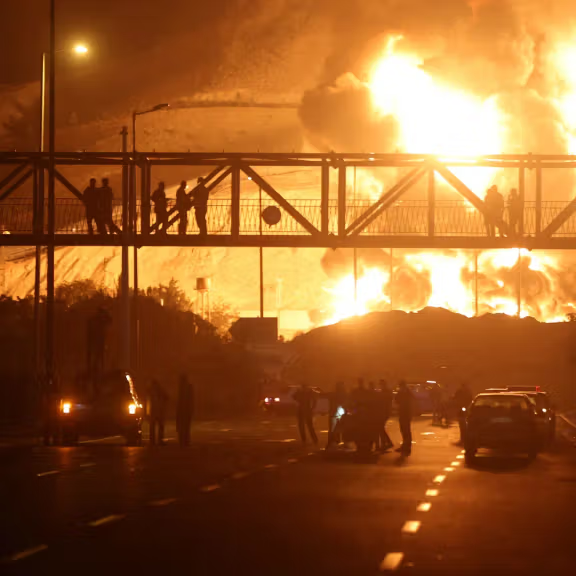“It has been proposed to allocate up to eight million tomans per square meter for repairs. Priority will be given to homes that can be repaired so that people can return to normal life as quickly as possible,” Tehran mayor Alireza Zakani said Wednesday.
According to local real estate data, the average price per square meter of housing in Tehran is roughly $1,000, making the government’s proposed compensation less than one-tenth of what would be needed to rebuild homes to market standards in Iran's capital.
Around 3,500 housing units in Tehran were damaged in the Israeli strikes, the Ministry of Roads and Urban Development said Saturday, adding a new layer of financial burden for the population already in the midst of a dire financial crisis.
Zakani did not address compensation plans for affected residents outside Tehran.
No official has yet outlined how damages will be redressed in other cities, even as reports of widespread destruction continue to emerge as the internet blackout imposed during the war, begins to ease.
By contrast, Hezbollah’s secretary-general Naim Qassem said last year that the Islamic Republic paid between $12,000 and $14,000 to each Lebanese family whose home was destroyed in Israeli airstrikes on southern Beirut and elsewhere.
The payments included an initial $300–400 in cash, followed by larger sums for rent and household goods.
"We thank the Islamic Republic of Iran, led by Imam Khamenei, the state, the people, and the blessed Islamic Revolutionary Guard Corps for providing this generous support in the displacement process," Qassem said in a speech in December.
Around $50 million, he said, had been disbursed to 233,500 registered displaced families, and projected the figure could reach $77 million. These transfers, he clarified, were in addition to Iran’s broader military and financial support for Hezbollah.
Despite those payouts, the newspaper Asharq Al-Awsat recently reported that Hezbollah has paused compensation payments in the Dahieh district of Beirut due to funding shortages.






